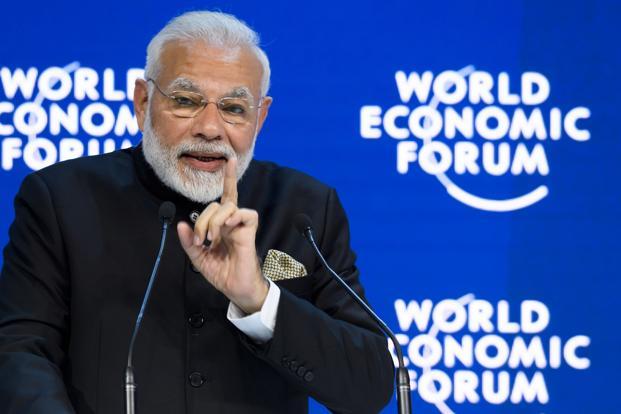In the midst of global turmoil in emerging markets, India has now become the ideal destination for investors. A rise in the dollar has led to problems in emerging markets as the US dollar has risen almost 4 percent in the last three months. Therefore, other currencies are facing depreciation in their values. The value of the dollar is primarily decided on the basis of demand and supply in the markets as pegged against a barrel of crude oil. The Federal Reserve System, the central bank of the United States, has raised the interest rates in recent months because the American economy has recovered substantially. Now global investors will get better returns in American markets due to high-interest rates. The sell-off in emerging markets has brought about depreciation in their currencies. To curb the depreciation in their currencies the central banks of the emerging markets have raised interest rates, although this would hamper the economic growth in these countries.
The Reserve Bank of India also raised interest rates by 0.25 basis points in its June monetary policy review but the reason behind this was inflation rather than depreciating of the rupee. The problem with other emerging markets is that they have low inflation rates despite inflation targeting by their central banks. Inflation rates rise primarily due to growing domestic consumption, and almost all emerging markets except for the Indian market are facing a slowdown in domestic consumption. Countries like China which are heavily dependent on exports for economic growth are facing a slowdown due to growing “protectionism“. On the other hand, Indian economy is growing due to strong demand and high personal expenditure among the 600 million strong Indian middle class.
The money management firm, Franklin Templeton said, “The South Asian nation, the fastest-growing major economy in the world, enjoys relative insulation from external shocks as a booming middle class delivers enough domestic demand to counter the fallout from protectionism.” The investor sentiment is so high that WisdomTree Investment Inc. recommended investors allocate as much as 20 percent of their portfolios to Indian equities. The asset allocation strategist at WisdomTree, Gaurav Sinha said “one of those places that provide better risk-reward compared with emerging markets at large, especially China or more globally-linked countries, if I am investing in India, I am investing for the local consumption.”
The major advantage for the Indian market is that it is relatively insulated from the global markets and its growth is not driven by global consumption but by domestic consumption. Protectionism has grown in last few years because the current global leaders like Donald Trump and Theresa May are against a globalized economy. The Trump administration has imposed heavy tariffs on exports from countries like China, Mexico and Canada to protect their domestic industry. The global fallout on free trade has hurt the emerging markets which are dependent on exports for economic growth. China, South Korea, and Southeast Asian economies are large exporters of goods to the developed world like the European Union and the United States and growing protectionism has weakened the investment sentiment in these countries.
The Indian market is less reliant on exports than most other emerging markets, exports account for just 11 percent of the GDP, compared with China’s 19 percent and Russia’s 23 percent. Domestic Consumption accounts for almost two third of India’s GDP, therefore, companies have their hands full serving local demand. Douglas Reed, a London-based strategist at Newton Investment Management said “Valuations have become more stretched for the Indian equity market as a whole but provided the oil price does not continue to rise, we think India does offer relative insulation against protectionist trade policy.” Mumbai’s $2.2 trillion stock market is primarily driven by investors at home. Foreign-investment flows have accounted for a fraction of the trading even during this year’s declines. The Indian market is heaven for domestic as well as global investors in the current global scenario.
